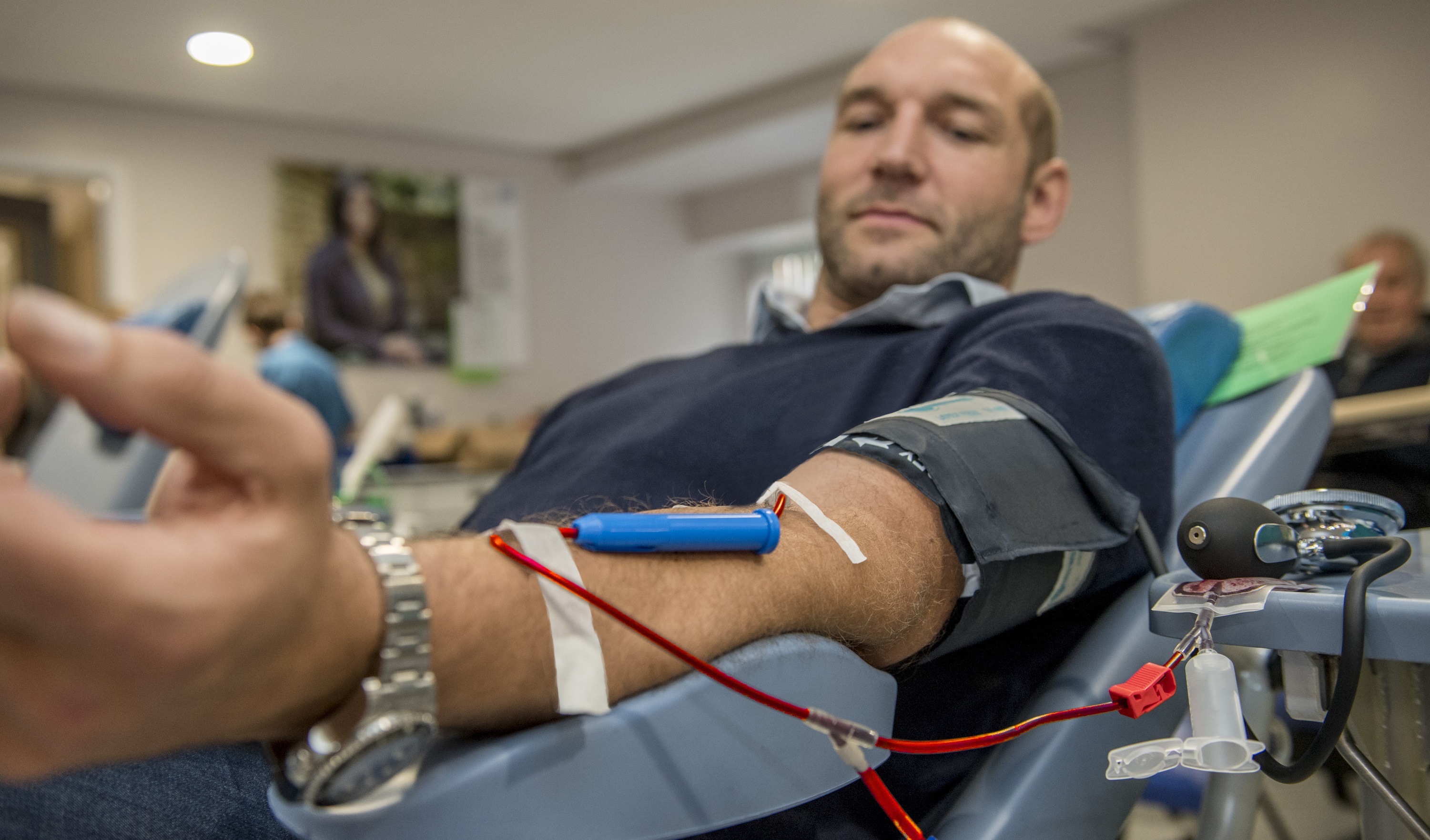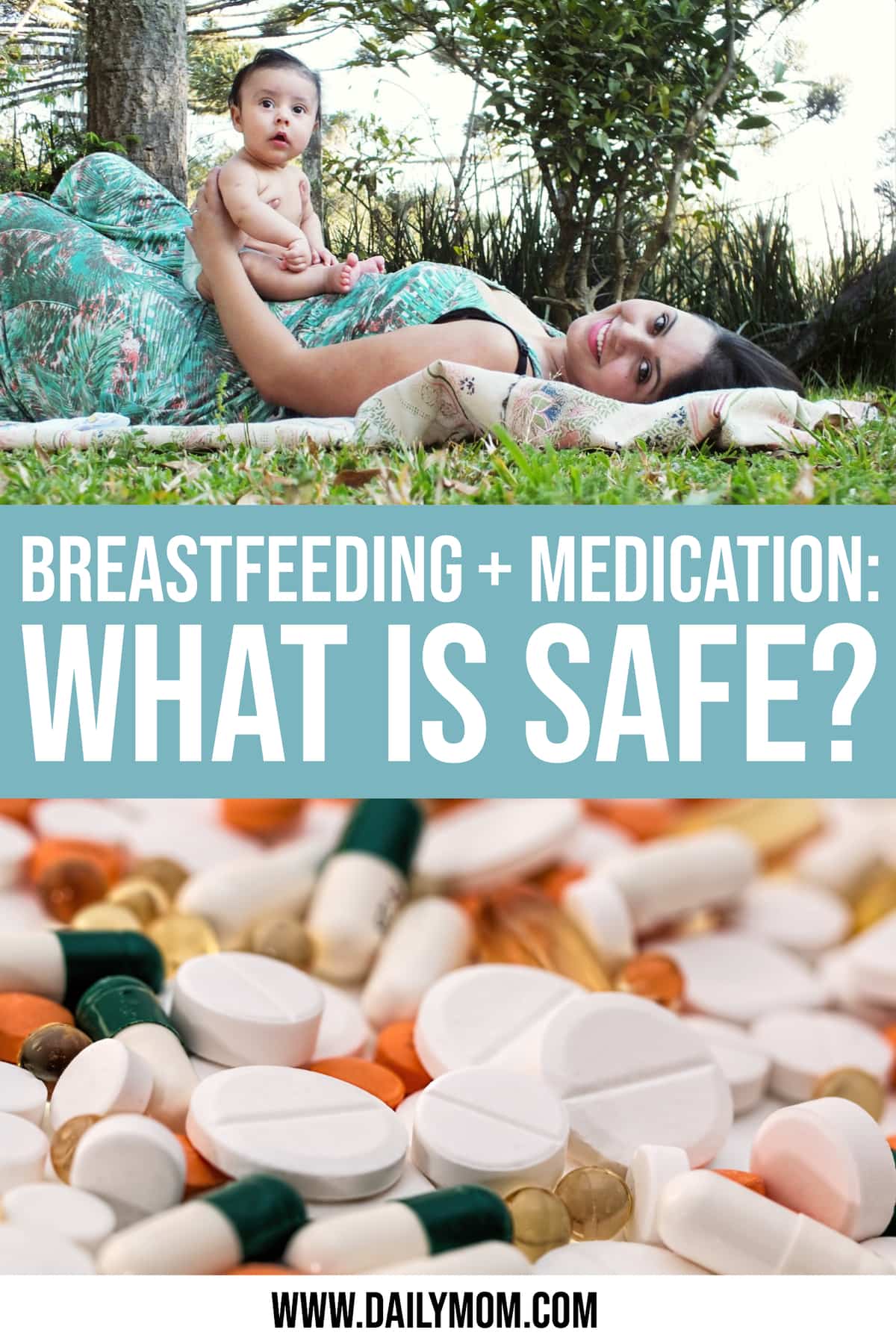Can I give blood while breastfeeding? That's the million-dollar question every new mom wants answered. If you're reading this, chances are you're juggling motherhood with wanting to make a difference by donating blood. It's a noble thought, but there are some important things you need to consider before rolling up your sleeve. Breastfeeding is a beautiful journey, but it comes with its own set of nutritional and physical demands. Let's dive into the nitty-gritty and break it down for you.
Donating blood is an incredible way to help others, but when you're breastfeeding, your body is already working overtime. It's like running a marathon every day while maintaining a supercharged engine. Your body is producing milk, healing from childbirth, and keeping up with sleepless nights. So, can you really add blood donation to the mix? We'll explore the science, the guidelines, and the practical tips to help you decide.
Before we jump into the details, it's important to note that every mom is different. Some may find it easy to donate blood while breastfeeding, while others might need to take extra precautions. We'll cover everything you need to know, from the nutritional aspects to the medical advice you should follow. Let's get started!
- Sweet Lea Lea The Ultimate Guide To Your Sugarrush Paradise
- Penny Auction The Thrilling World Of Bargain Hunting
Understanding Blood Donation and Breastfeeding
Let's clear the air first. Blood donation and breastfeeding are two very different processes, but they both rely heavily on your body's ability to produce and replenish vital nutrients. When you donate blood, you're losing iron, fluids, and other essential components. Breastfeeding, on the other hand, requires a steady supply of nutrients to produce milk for your baby. Combining the two can be tricky, but it's not impossible.
Studies show that the average blood donation removes about 250 milligrams of iron from your body. For breastfeeding moms, this can be a challenge because iron is crucial for milk production and your overall health. If your iron levels drop too low, you might experience fatigue, dizziness, or even anemia. That's why it's essential to understand how your body responds to both processes.
How Does Blood Donation Affect Breastfeeding?
When you give blood, your body goes into overdrive to replace the lost fluids and nutrients. This can sometimes affect your milk supply, especially if you're not properly hydrated. Dehydration is a breastfeeding mom's worst enemy, and blood donation can increase the risk. However, with the right preparation and care, you can minimize the impact.
- Jillian Michaels Republican The Fitness Gurursquos Political Views Unveiled
- Dorothy Costume Sexy A Fun And Flirty Twist To A Classic Look
Here's the good news: most breastfeeding moms can donate blood safely, as long as they meet certain criteria. The key is to ensure that your body has enough reserves to handle the extra demand. If you're feeling healthy, well-rested, and properly nourished, you're probably good to go. But if you're already struggling with low iron levels or other health issues, it might be best to wait until after you've weaned your baby.
Key Considerations Before Donating Blood
Now that we've covered the basics, let's talk about the key factors you need to consider before donating blood while breastfeeding. These considerations will help you make an informed decision and ensure that both you and your baby stay healthy.
Iron Levels: The Game Changer
Iron is the star player in this game. If your iron levels are low, donating blood might not be the best idea. Breastfeeding already increases your iron needs, so losing more through blood donation can tip the scales. To check your iron levels, you can ask your doctor for a simple blood test. If your levels are within a healthy range, you're good to proceed.
- Iron-rich foods like spinach, red meat, and lentils can help boost your iron levels.
- Vitamin C enhances iron absorption, so pair your iron-rich meals with citrus fruits or bell peppers.
- Avoid drinking tea or coffee with meals, as they can interfere with iron absorption.
Hydration: The Secret Weapon
Staying hydrated is crucial for both blood donation and breastfeeding. When you donate blood, you lose about 500 milliliters of fluid. If you're already nursing a baby, your body needs even more fluids to keep up with the demand. Dehydration can lead to a decrease in milk supply and make you feel weak and dizzy.
Here are some hydration tips to keep in mind:
- Drink at least 8-10 glasses of water a day, and even more if you're breastfeeding.
- Carry a water bottle with you at all times as a reminder to stay hydrated.
- Avoid sugary drinks and caffeine, as they can dehydrate you further.
Medical Guidelines for Blood Donation
Every blood donation center has its own set of guidelines, but most follow similar criteria when it comes to breastfeeding moms. Here's what you need to know:
Weight and Age Requirements
To donate blood, you must weigh at least 110 pounds and be at least 17 years old (or 16 with parental consent in some states). These requirements ensure that your body can handle the loss of blood without any adverse effects. If you're underweight or under the age limit, you might need to wait until you meet the criteria.
Health Screenings
Before donating blood, you'll go through a quick health screening to check your hemoglobin levels, blood pressure, and overall health. If everything checks out, you're cleared to donate. However, if you have any underlying health conditions or are feeling unwell, it's best to postpone your donation.
Nutritional Tips for Breastfeeding Moms
Nutrition plays a vital role in maintaining your health while breastfeeding and donating blood. Here are some tips to help you stay nourished:
Protein Power
Protein is essential for rebuilding the cells lost during blood donation. It also supports milk production and helps repair your body after childbirth. Aim for at least 70-100 grams of protein per day, depending on your weight and activity level.
- Include lean meats, fish, eggs, beans, and tofu in your diet.
- Snack on nuts and seeds for a quick protein boost.
- Consider a protein shake if you're struggling to meet your daily intake.
Vitamins and Minerals
In addition to iron, your body needs a variety of vitamins and minerals to stay healthy. Calcium, vitamin D, and folic acid are especially important for breastfeeding moms. These nutrients support bone health, immune function, and overall well-being.
- Calcium-rich foods include dairy products, leafy greens, and fortified cereals.
- Vitamin D can be obtained from sunlight, fatty fish, and fortified foods.
- Folic acid is found in dark leafy greens, citrus fruits, and fortified grains.
Practical Steps to Prepare for Blood Donation
Now that you know the basics, let's talk about how to prepare for blood donation while breastfeeding. These practical steps will help you have a smooth and successful experience:
Before the Donation
- Make sure you're well-rested and feeling healthy on the day of your donation.
- Eat a balanced meal rich in iron and protein a few hours before donating.
- Drink plenty of water and avoid alcohol or caffeine before your appointment.
During the Donation
- Relax and take deep breaths to stay calm during the process.
- Let the staff know that you're breastfeeding so they can monitor you closely.
- Drink water or juice after the donation to replenish lost fluids.
After the Donation
- Rest for a few minutes after donating and avoid strenuous activities for the rest of the day.
- Eat a nutritious meal and continue to drink plenty of fluids.
- Monitor your milk supply and contact your doctor if you notice any significant changes.
Common Concerns and Myths
There are plenty of myths and misconceptions surrounding blood donation and breastfeeding. Let's debunk some of the most common ones:
Myth: Breastfeeding Moms Can't Donate Blood
Fact: Most breastfeeding moms can donate blood safely, as long as they meet the criteria and take proper precautions. It's all about timing and preparation.
Myth: Donating Blood Will Decrease Milk Supply
Fact: While dehydration can temporarily affect milk supply, proper hydration and nutrition can prevent this from happening. Make sure you drink plenty of fluids and eat well after donating.
Real Stories from Breastfeeding Moms
Hearing from other moms who have donated blood while breastfeeding can be incredibly reassuring. Here are a few real-life stories to inspire you:
Sarah's Story
Sarah, a first-time mom, donated blood six months after giving birth. She made sure to eat a hearty meal and drink lots of water beforehand. After the donation, she noticed no change in her milk supply and felt perfectly fine. "It was such a rewarding experience," she says. "I felt like I was giving back to the community while still taking care of my baby."
Emily's Story
Emily, a mom of two, waited until her youngest was one year old before donating blood. She had struggled with low iron levels in the past, so she wanted to make sure her body was fully recovered. "I felt great after donating," she says. "It was a small sacrifice for such a big impact."
Conclusion: Can I Give Blood While Breastfeeding?
So, can you give blood while breastfeeding? The answer is a resounding yes, but with a few important caveats. As long as you're healthy, well-nourished, and properly hydrated, you can safely donate blood while breastfeeding. Remember to check your iron levels, stay hydrated, and follow the guidelines set by your local blood donation center.
We encourage you to take action and make a difference in someone's life by donating blood. If you're still unsure, consult your doctor for personalized advice. And don't forget to share your experience with other moms who might be considering the same thing. Together, we can create a community of support and inspiration.
Table of Contents
- Understanding Blood Donation and Breastfeeding
- How Does Blood Donation Affect Breastfeeding?
- Key Considerations Before Donating Blood
- Iron Levels: The Game Changer
- Hydration: The Secret Weapon
- Medical Guidelines for Blood Donation
- Weight and Age Requirements
- Health Screenings
- Nutritional Tips for Breastfeeding Moms
- Protein Power
- Vitamins and Minerals
- Practical Steps to Prepare for Blood Donation
- Before the Donation
- During the Donation
- After the Donation
- Common Concerns and Myths
- Real Stories from Breastfeeding Moms
- Conclusion: Can I Give Blood While Breastfeeding?
- Trump Lifts Ban On Segregation A Deep Dive Into The Controversy
- Santana Sentient The Future Of Music Meets Artificial Intelligence


